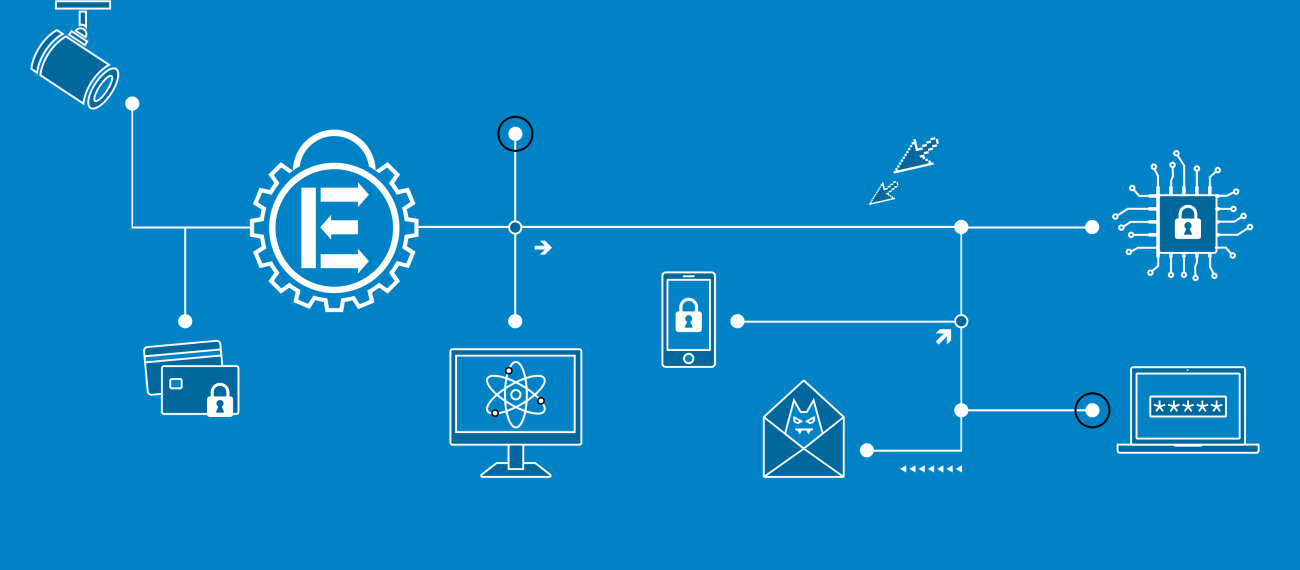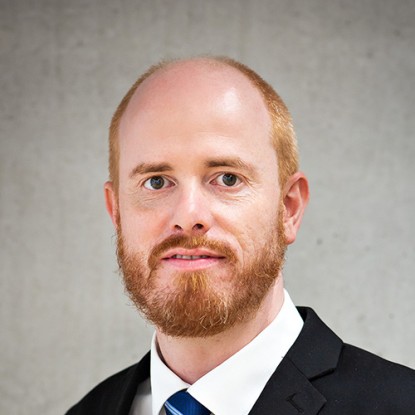Analysis and Extensions of the PCF Secure Two-Party Computation Compiler
Bachelor Thesis
Author
Benedikt Hiemenz
Description
In 2013, the Portable Circuit Format (PCF) project was started to improve the way circuits for secure computation can efficiently be built, stored and evaluated. Secure computation is a growing field of cryptography, especially in the last decade and allows two or more parties to jointly evaluate a common function over their inputs without the need to disclose any information but the final result of the calculation. To allow an evaluation in such an oblivious way, the common function is first translated into a circuit, that consists of the combination of many connected Boolean gates. These – usually very big – circuits have to be processed efficiently, which is a known problem of secure computation, but necessary to make it usable for a bigger audience and hence assist in its dissemination.
In the course of this thesis, all components of the PCF project are described as well as their relation to each other. In addition, different improvements for the project have been implemented with regard to recent researches. The existing implementation that is used for the function evaluation based on the known approach of Yao’s Garbled Circuits (GC). We add an implementation of the Goldreich, Micali and Wigderson (GMW) protocol, since the GMW approach provides a more efficient function evaluation for certain circuits. With the aim to support different arithmetic operations in addition to the existing Boolean ones, we introduce some new expressions for the circuit evaluation description. The advantages and disadvantages of all implemented project modifications are presented in detail in the course of this thesis.
Supervisors
- Daniel Demmler, M.Sc. ( demmler@encrypto.cs.tu-…)
- Prof. Dr.-Ing. Thomas Schneider ( schneider@encrypto.cs.tu-…)
Publication




